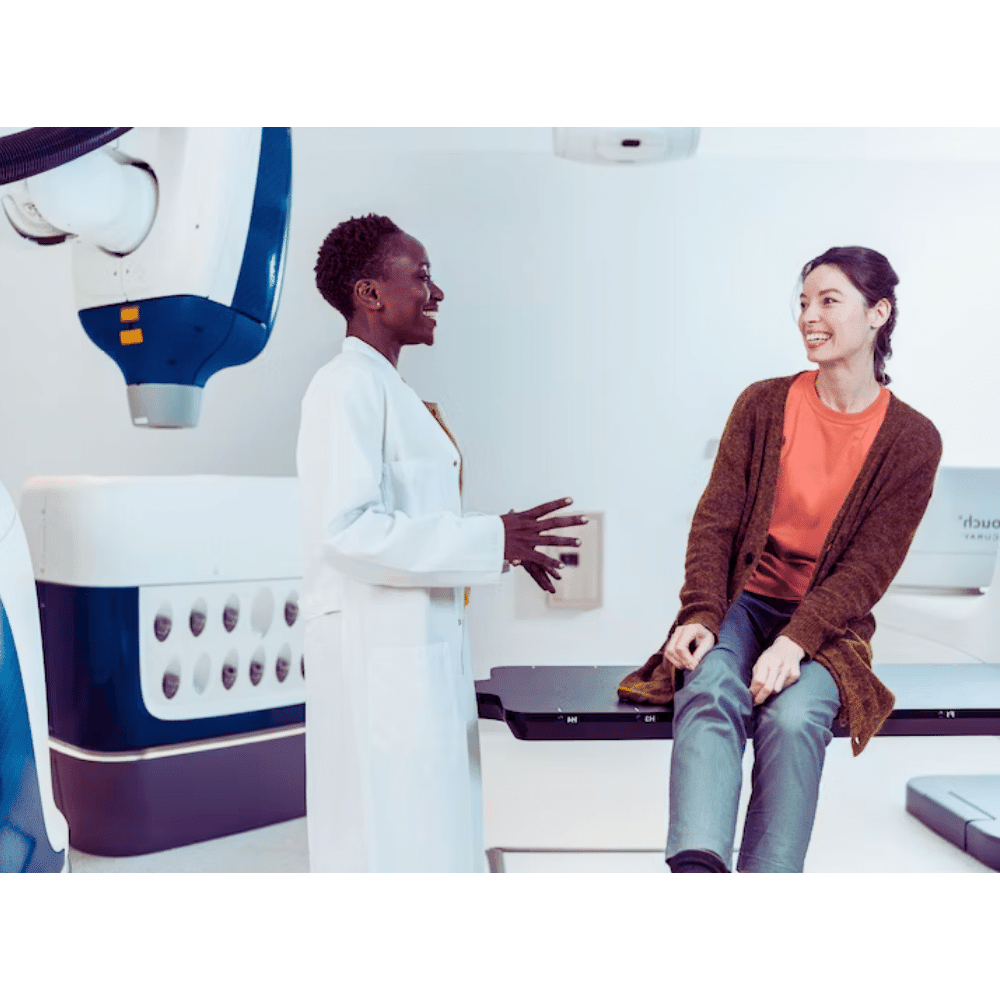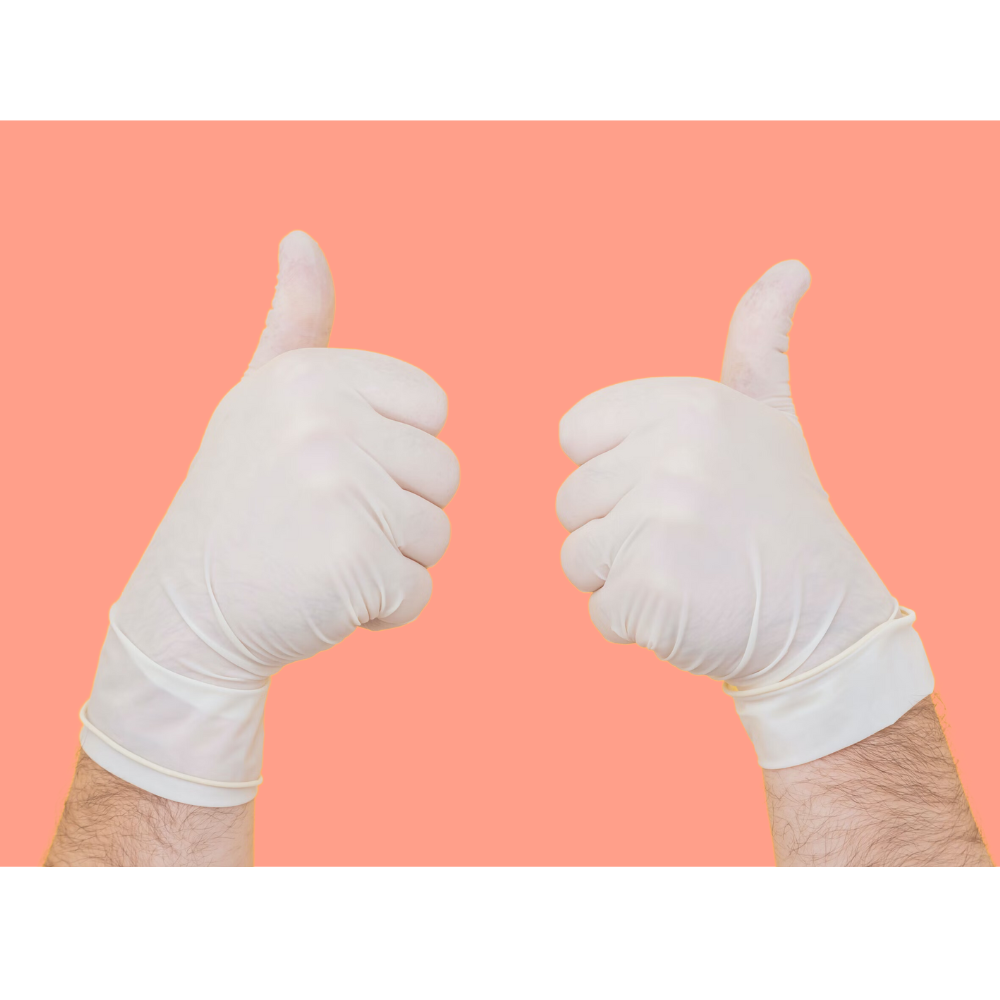
10 Tips for Recovering from Rhinoplasty Surgery
Dec 05, 2023 | Education
Recovery After Nose Operation
Recovery after a nose reshaping operation, also known as rhinoplasty or a nose job, involves expected bruising and swelling. Post a procedure, it is customary to experience bruising around the eyes, typically subsiding within the initial 10 days after surgery. However, it’s noteworthy that swelling inside the nose may persist for an extended period, potentially lasting up to 12 months. This prolonged duration underscores the importance of recognizing that optimal healing after a rhinoplasty requires time, and the recovery process varies significantly from one individual to another.
Healing time varies among individuals, with some returning to normal activities after two weeks, while others may need more time. Rather than advising patience for the first six months, we offer a concise list of our Top 10 Tips for a smoother rhinoplasty recovery.

1. Pay attention to your plastic surgeon's advice.
Every individual’s nose is unique, and the approach your plastic surgeon takes in your Rhinoplasty procedure is tailored to your distinct anatomy and desired outcomes. Consequently, your recovery journey is expected to be unlike anyone else’s.
Drawing from the collective experiences of previous Rhinoplasty clients, we can offer a general recovery timeline. For instance, it’s commonly observed that clients can resume normal activities after two weeks, but it usually takes at least six months to fully appreciate the results. However, we cannot predict your exact experience or how your body will heal at its own pace. Your surgeon will provide personalized advice based on their assessment of your nose’s internal structures, their extensive experience in performing numerous nose jobs throughout their career, and the knowledge acquired from six additional years of highly regulated and specialized Plastic and Reconstructive surgical training.
It is crucial to adhere to your surgeon’s tailored advice. They guide you not only on initial post-surgery nose care but also on medication, activities to avoid, and necessary rest duration to minimize infection risk and ensure outstanding results. Attend all post-operative consultations to allow your surgeon to monitor your progress, and seek their advice if any concerns arise during your recovery
2. ELEVATE YOUR HEAD WHILE SLEEPING
For those accustomed to sleeping on their stomach or side, adjusting to this recommendation may be challenging. It is crucial to sleep on your back with your head elevated, especially in the initial six weeks following a Rhinoplasty procedure.
While the discomfort of this position is acknowledged, most Plastic Surgeons advise it to prevent nose displacement during the healing process and minimize swelling and bruising caused by blood rushing to the nose. If concerned about unintentional movement during sleep, strategically use pillows to prop yourself up and create a supportive barrier.
3. MAINTAIN A COOL ENVIRONMENT AND AVOID SUN EXPOSURE
Surprisingly, heat can adversely affect Rhinoplasty results. After the nose surgery, it is essential to stay cool. Exposure to hot showers, warm soups, steamy beverages, saunas, and excessive sunlight can lead to increased swelling of nasal tissues. Additional swelling may prolong recovery and impact the newly shaped nose.
Moreover, post-surgery, the nose becomes more susceptible to sunburn, risking the darkening of scars with prolonged sun exposure. Adopt sun protection measures, opt for cool or room temperature foods, and take lukewarm showers. Consider a lukewarm bath as an alternative—without steam, it keeps bandages dry.
4. Avoid Blowing your nose if possible
5. MEDICATION GUIDELINES
6. MINIMIZE EYEWEAR USAGE
7. PRACTICE A HEALTHY LIFESTYLE
A healthy lifestyle supports Rhinoplasty recovery. Opt for a nutritious diet, lower salt intake, refrain from smoking, stay hydrated, and prioritize rest. High salt intake can increase blood pressure, leading to additional swelling. Smoking restricts blood flow, hindering optimal healing. A diet rich in protein and vitamins enhances tissue repair, and water aids recovery by flushing out toxins. Combine these with ample rest for an optimal Rhinoplasty recovery experience.
8. BE CAREFUL ABOUT YOUR EXERCISE ROUTINES
Limit physical activity during Rhinoplasty recovery, especially strenuous exercise, contact sports, and swimming. Initially, reintroduce light walking to promote blood circulation, gradually resuming normal activities after about 2 weeks. Obtain Surgeon approval before engaging in more strenuous activities, usually not granted until 6 weeks post-surgery.
9. Refrain from consuming spicy foods.
Temporarily reduce spicy food intake, as spices and pepper can dilate blood vessels, increasing swelling and bruising around the nose and face. Spicy foods may also induce a runny nose and encourage sneezing, posing risks to the healing nose. Exercise caution in touching and wiping the nose to prevent additional pressure that could negatively impact results.
10. ICE PACK AND PEAS
Apply ice packs immediately after surgery and continue at home for 48-72 hours. Place ice on the eye and cheek areas for 20 minutes with a 20-minute rest between applications. Consider using gauze pads or frozen peas as substitutes for ice. Proper use of ice packs helps reduce swelling and discomfort during the initial recovery phase after Rhinoplasty.

Summary
To conclude our Top 10 Rhinoplasty Recovery Tips, we emphasized the significance of managing swelling. One simple method to diminish swelling, especially in the initial days post-surgery, is to use frozen peas (or ice packs/cold compresses).
Apply them to your nose within the first 72 hours. The cold temperature helps to constrict blood flow, relieving pressure, and minimizing puffiness around the nose. Exercise caution not to apply excessive pressure, as mentioned earlier, to avoid any adverse effects on your desired Rhinoplasty results.
NEED TO KNOW MORE? WE'RE HERE TO HELP!
If you have any remaining questions about your Rhinoplasty procedure after reading this, our knowledgeable staff is here to assist you. Feel free to CONTACT US for any inquiries, or click here to start your YOUR FREE RHINOPLASTY CONSULTATION
Disclaimer: The information provided is intended solely as a guide and not as advice from CosMediTour. It is essential to conduct thorough research on your own and seek guidance from a general practitioner and a financial professional to ensure comprehensive understanding and informed decision-making regarding surgery.

